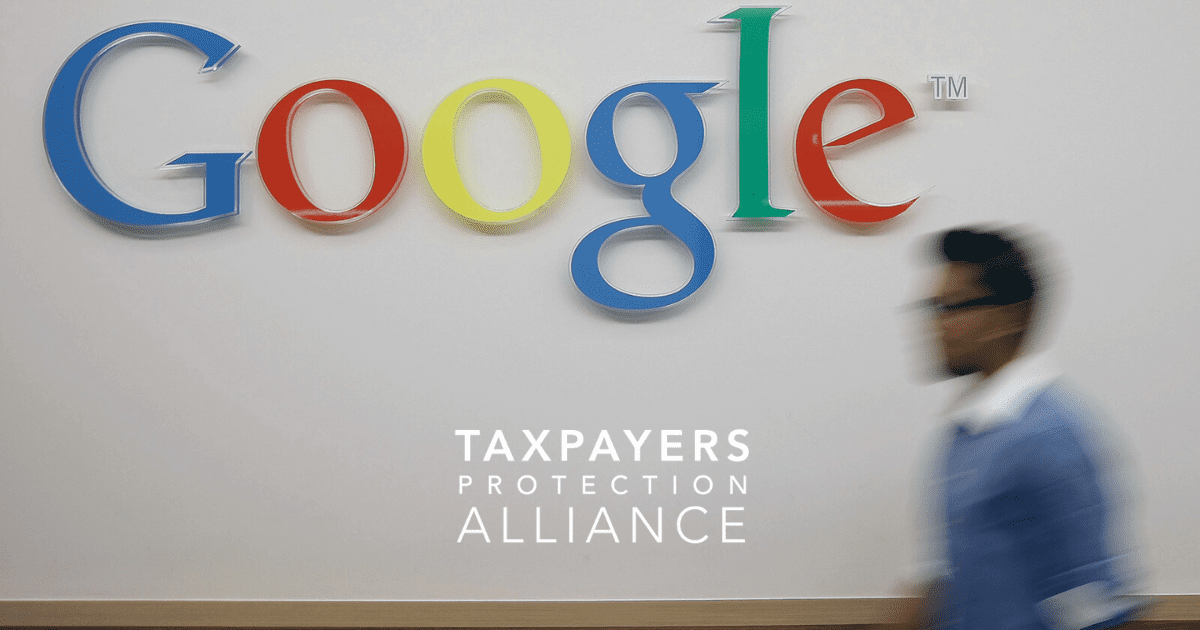
Taxpayer Watchdog Responds to Remedies Ruling in Google Search Case
Kara Zupkus
September 3, 2025
For Immediate Release
Contact: Kara Zupkus (224) 456-0257
WASHINGTON, D.C. – Late Tuesday, Judge Amit Mehta issued a tailored remedies decision in the Department of Justice’s (DOJ) antitrust case against Google Search. The ruling was good news for consumers and delivered a blow against the government’s most overreaching remedies proposals—such as divestiture of Chrome or Android—as disproportionate and unrelated to the specific liability finding. Instead, Judge Mehta emphasized targeted remedies that address harms identified in the court’s liability finding.
In response, David B. McGarry, Research Director at the Taxpayers Protection Alliance, offered the following comment:
“Judge Mehta’s decision recognizes two obvious facts of which the DOJ and other populist antitrust advocates remain astoundingly unaware. First, a narrow liability finding provides no cause for full-scale efforts to rearrange entire markets or force divestments. Second, gerrymandered market definitions and myopic, outdated views of innovation and competition ought to be dismissed as economically dangerous and anti-consumer. The decision is a welcome pushback against the DOJ’s radical antitrust theories.
“Commanding a divestment of Chrome or forbidding routine business operations (such as paying slotting fees) might have shrunk Google’s market share. But it would also have damaged the wider tech sector and deprived consumers of the digital services on which they have come to rely. The DOJ was stubbornly blind to that which is unseen; Judge Mehta, thankfully, kept it in full view.
“However, Judge Mehta erred in his initial liability finding against Google Search and believes it likely to be reversed on appeal. Google Search remains dominant because it provides the best search service. However, its market share is not immovable. Artificial intelligence tools, social media, and specialized online platforms increasingly have attracted users away from general search services. This is a welcome part of the process of competition and innovation—of companies, old and new, contending against one another to meet consumers’ wants and needs.
“If the DOJ’s demands had been met, this market process would have been smothered or outright extinguished. Judge Mehta was right (on the whole) to reject the government’s radical anti-tech, anti-innovation, anti-market, and anti-consumer theories.”
###
Taxpayers Protection Alliance (TPA) is a non-profit, non-partisan organization dedicated to educating the public through the research, analysis and dissemination of information on the government’s effects on the economy.
